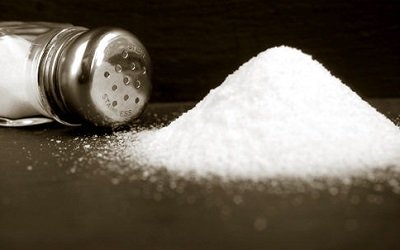Inside BENEO’s new pulse plant: pioneering sustainable protein from faba beans
A study published in the Journal of the American Society of Nephrology (JASN) shows that reducing salt intake may benefit the heart and kidney health of patients with chronic kidney disease. Excessive salt intake is consistently linked to increased risk of heart disease and worsening kidney function. People with chronic kidney disease (CKD) may be particularly susceptible to salt’s detrimental effects due to the kidney’s important role in controlling salt balance and their increased risk of dying from heart disease.
The Low SALT CKD study represents the first blinded, randomized controlled trial comparing a high vs. low salt intake in people with CKD. The researchers compared the effects of a high salt diet (180–200 mmol/day) vs. a low salt diet (60–80 mmol/day) maintained for two weeks each in a random order in 20 patients with CKD. The team measured various parameters related to heart and kidney health, including change in extracellular fluid volume, blood pressure, and protein in the urine.
The researchers found that on average, low salt intake reduced excess extracellular fluid volume by 1 L, lowered blood pressure by 10/4 mm Hg, and halved protein excretion in the urine, without causing significant side effects.
“These are clinically significant findings, with this magnitude of blood pressure reduction being comparable to that expected with the addition of an anti-hypertensive medication and larger than effects usually seen with sodium restriction in people without CKD,” said study author Emma McMahon, from the University of Queensland, Australia. She was particularly impressed with the 50% reduction in protein excretion in the urine. “If maintained long-term, this could reduce risk of progression to end-stage kidney disease—where dialysis or transplant is required to survive—by 30%.”
The researchers conclude that salt restriction is an inexpensive, low-risk, and effective intervention for reducing cardiovascular risk and risk of worsening kidney function in people with CKD.

